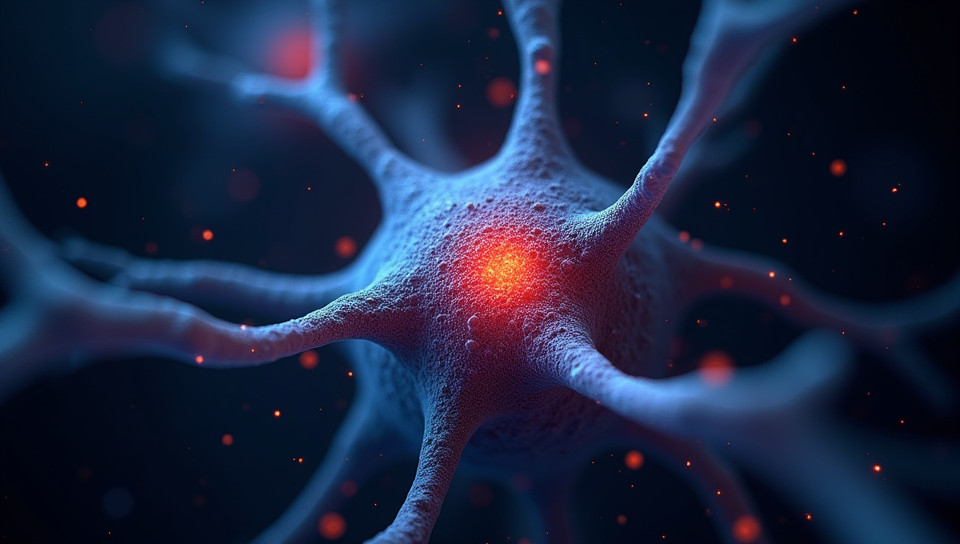Light-sensitive neurons can be activated instantly 80%

Unlocking the Secrets of Light-Sensitive Neurons
Imagine being able to control your body's responses with just a flash of light. Sounds like science fiction, right? But what if I told you that scientists have made significant breakthroughs in understanding how light-sensitive neurons can be activated instantly?
What are Light-Sensitive Neurons?
Light-sensitive neurons, also known as photoreceptors, are specialized cells in the retina that convert light into electrical signals. These signals are then transmitted to the brain, where they are interpreted as visual information.
How Do Light-Sensitive Neurons Work?
- Light enters the eye through the cornea and passes through the lens before hitting the retina.
- The photoreceptors (rods and cones) in the retina absorb light and trigger a chemical reaction that generates an electrical signal.
- This signal is transmitted to the optic nerve, which carries it to the brain for processing.
The Breakthrough: Instant Activation of Light-Sensitive Neurons
Researchers have discovered a way to activate light-sensitive neurons instantly using a technique called optogenetics. Optogenetics involves genetically engineering cells to express light-sensitive proteins that can be controlled with specific wavelengths of light.
Applications and Implications
The implications of instant activation of light-sensitive neurons are vast:
- Treating neurological disorders: Optogenetics could potentially treat conditions such as blindness, epilepsy, and Parkinson's disease by selectively targeting affected areas of the brain.
- Enhancing cognitive abilities: By controlling light-sensitive neurons, scientists may be able to enhance learning and memory capabilities or even induce a state of heightened focus.
Conclusion
The discovery of instant activation of light-sensitive neurons is a significant breakthrough that has the potential to revolutionize our understanding of the human brain. With optogenetics, we may soon be able to unlock new ways of treating neurological disorders and enhancing cognitive abilities. The future of neuroscience is bright, and it's lit by the power of light-sensitive neurons.
- Created by: Rei Saitō
- Created at: Nov. 10, 2024, 1:06 p.m.
- ID: 15715









